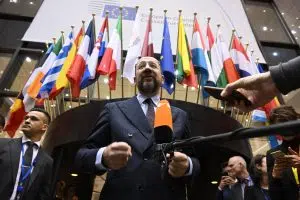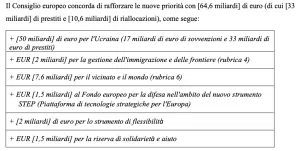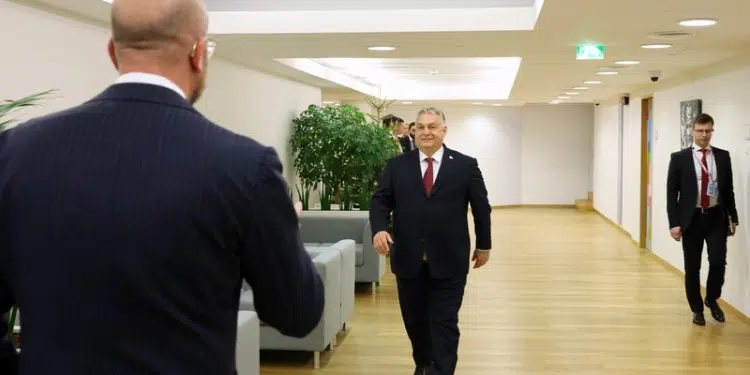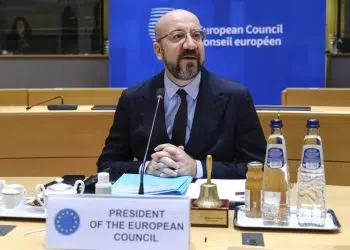Brussels – No agreement by the 27 heads of State on the EU budget review. The decision (which must be unanimous) will be delayed to January in a likely Extraordinary Summit. “Twenty-six leaders agree on all the components of the budget review proposal we have presented; only one disagrees,” European Council President Charles Michel said in a press point at the end of the first day of the EU summit, which will continue this morning. It’s past 2 a.m. and after hours of negotiations — at the political and technical level, among sherpas — the head of the European Council notes that there is “strong support for all components” of the budget review “from 26 leaders, from support for Ukraine to migration to the solidarity fund to defense.” But a unanimous decision is required for a budget agreement, so 27. And instead of dragging discussions to today, Michel decided to postpone them. “We will return to the matter early next year to try to reach unanimity to implement this agreement,” he confirmed.

Only Hungary opposes revising the EU’s financial framework until 2027, as Prime Minister Viktor Orban stated. “When it comes to money and financial solidarity, it’s always difficult,” he told reporters. Essentially he opposes providing financial support to Kyiv with 50 billion euros from the EU budget. In the frantic hours of negotiations, he gained ground on the idea of shelling out the 50 billion in support for Ukraine in a separate instrument and leaving the budget review to cover only EU priorities. This could also overcome the unanimity hurdle required for the green light on financial matters, paving the way for a 26-way agreement on the new instrument for Kyiv.
64 billion for new EU priorities
Support for Ukraine, migration and external dimension, the Strategic Technologies for Europe platform, the NextGenerationEU recovery fund, interest payments, special instruments, new own resources, and elements that reduce the impact on national budgets: this is the compromise package put on the plate by the Belgian politician. The European Council revised down the figures, especially when it comes to fresh resources. According to Michel’s proposal, which will be re-discussed in January, the budget increase would reach 64.6 billion euros, including 33 billion in loans and 10.6 billion in reallocations from resources within the existing framework. Michel proposes to maintain resources for Ukraine at 50 billion euros (including 17 billion euros in grants and 33 billion euros in loans); 2 billion are for migration and border management; and 7.6 billion for neighborhood and global; 1.5 billion earmarked for the European Defense Fund under the new Step instrument (Strategic Technology Platform for Europe); another 2 billion for the Flexibility Instrument; and finally 1.5 billion for the Solidarity and Aid Reserve.
The Financial support to Step, the clean technologies platform that Brussels proposed for EU industrial competitiveness, in response to the U.S. Inflation Reduction Act and China, has been strongly downsized compared with the European Commission’s proposal. The European Commission’s idea was to make it a full-fledged Sovereign Wealth Fund, but setting it up would have taken years, and with the expiration of the legislative mandate there was no room for it. As part of the budget review, the European Commission therefore asked EU member states to mobilize an additional 10 billion euros until 2027, increasing the scope of the Union’s long-term budget, to raise the budgets of some existing programs: InvestEu (3 billion), Horizon Europe (0.5), Innovation Fund (5 billion) and European Defense Fund (1.5) and bring the platform to life. From the compromise put on the table by Michel, the proposal comes out strongly scaled down.
English version by the Translation Service of Withub







